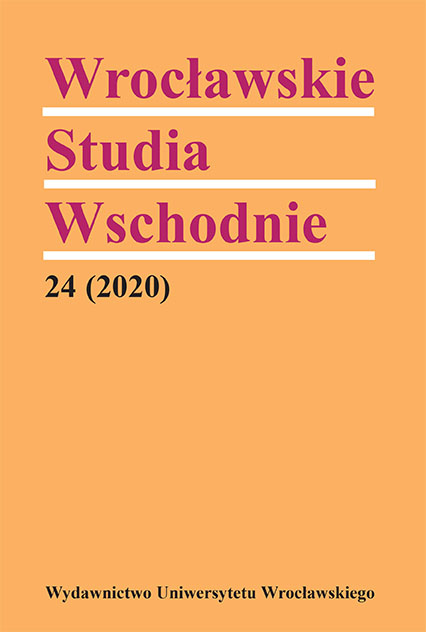Doświadczenie głodu z lat 1946–1947 w pamięci mieszkańców Galicji Wschodniej
The experience of the famine of 1946–1947 in memory ofthe inhabitants of Eastern Galicia
Author(s): Marcelina Jakimowicz, Piotr ZubowskiSubject(s): History, Social history
Published by: Wydawnictwo Uniwersytetu Wrocławskiego
Keywords: famine; post-warperiod; Ukraine; EasternGalicia; experience; biographical narratives; collectivization
Summary/Abstract: Famine is always an extreme, tragic and destructive experience for both the individual and the community. In the years 1946–1947 a wave of famine hit Soviet Ukraine, affecting more than four million people (in the pre-war and post-war territory of the USSR) and led to over one hundred thousand deaths. The post-war famine, like the Great Famine in 1932–1933, was not only the result of drought or the recently-ended war, but also caused by the collectivisation actions of the Soviet authorities, among others. The article is based on biographical narratives collected during field research in Eastern Galicia. The text presents the memory of respondents about the wave of post-war famine: ways of survival, drawing attention to the importance of the family and neighbourly community, but also the injustice and ruthlessness of Soviet power. Eastern Galicia in the interwar period belonged to the territories of the Second Polish Republic. However, often the narratives associated a wave of post-war famine with the Holodomor of 1932–1933, which is one of the most tragic historical events for the Ukrainian nation. The post-war famine for respondents thus became one of the many waves of famine — the most important and tragic experience in the history of Ukraine.
Journal: Wrocławskie Studia Wschodnie
- Issue Year: 24/2020
- Issue No: 1
- Page Range: 111-131
- Page Count: 21
- Language: Polish

